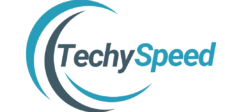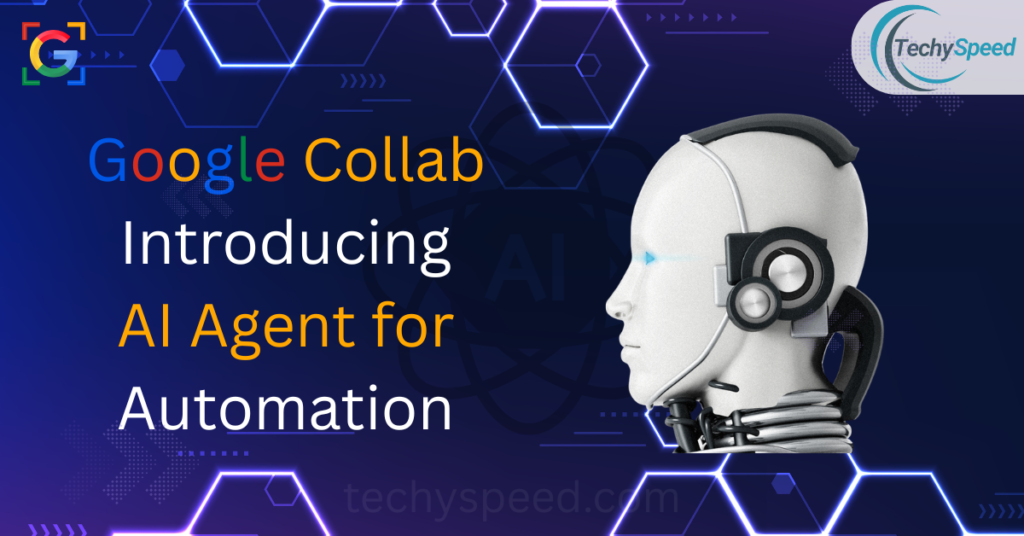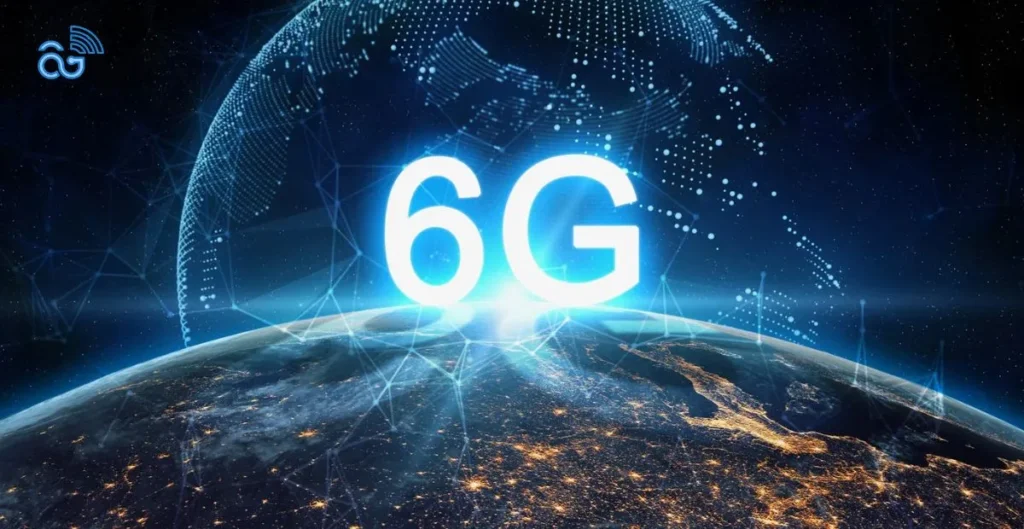Google has taken a giant leap in AI-powered data science by upgrading Google Colab with a revolutionary AI Agent Tool. This new feature, powered by Gemini 2.0, aims to automate data analysis, enhance productivity, and simplify machine learning workflows.
Let’s dive into the details of this upgrade and explore how it transforms Colab’s capabilities.
What is Google Colab?
Google Colab is a cloud-based Jupyter Notebook environment that enables developers, researchers, and students to write and execute Python code effortlessly. It provides free access to GPUs and TPUs, making it an ideal tool for machine learning and data science projects.
Now, with the addition of an AI agent, users can leverage automation in data processing, visualization, and analysis, reducing the manual workload significantly.
Introducing the AI Agent Tool

The AI Agent Tool, integrated into Google Colab, is designed to assist users in data wrangling, code generation, and visualization. Built on Google’s Gemini 2.0 AI model, it can:
- Automating repetitive tasks, such as data cleaning and summarization, becomes effortless.
- Python code for machine learning models can be generated using natural language prompts.
- Handling large datasets, including CSV, JSON, and TXT files up to 1GB, is seamless.
- Visualizations, such as plots, graphs, and charts, are automatically generated.
- To enhance coding efficiency, AI-powered code suggestions and error debugging play a crucial role.
Key Features and Benefits
1. Smart Data Processing & Analysis
The AI Agent can analyze datasets by performing exploratory data analysis (EDA), identifying trends, missing values, and correlations with minimal human input.
As per VentureBeat, Lawrence Berkeley National Laboratory researchers reduced their data processing time from a week to just five minutes using the AI-powered Colab.
You can now use Google Gemini inside Colab. It’s a thinking model (probably Gemini 2.0 Flash Thinking) and completely free to use. It understands the current notebook code, writes new code, and it’s really good.
Seriously, no one can beat Google in distribution. The one who owns… pic.twitter.com/euOcjPuMwG
— AshutoshShrivastava (@ai_for_success) February 15, 2025
2. Code Generation and Execution
The AI agent can write and execute Python code automatically. Users can ask questions in plain English, and the agent will generate and run code, making it easier for beginners to work on machine learning projects. This feature is comparable to GitHub Copilot but is specifically optimized for data science workflows.
Latest Update: Top 10 WhatsApp Automation Tools for Business in 2025
3. AI-Powered Code Assistance
Alongside the Data Science Agent, Colab now includes AI-assisted coding features, such as:
- Smart code suggestions
- Autonomous debugging
- Inline explanations for complex code
According to the Google AI Blog, these enhancements significantly reduce coding errors and speed up project development.
4. Free and Paid Plans
Google has ensured that all Colab users can access the AI agent; however, free-tier users have limited computing resources. Starting at $9.99/month, paid users get access to more powerful GPUs and extended runtimes (Google Cloud Pricing).
How This Impacts Data Scientists & Developers
The AI-powered Colab is designed for:
- Students learning Python and AI gain hands-on experience with real-world projects.
- For data analysts, automation of data visualization becomes effortless.
- Meanwhile, machine learning engineers focus on building and testing models.
- In research, professionals analyze large-scale datasets efficiently.
Reuters highlights that Google’s AI-first approach makes Colab more intelligent and user-friendly, even for non-programmers.
Most data scientists waste 80% of their time on repetitive setup tasks.
What if an AI could do all the boring work for you in seconds?
🧵 Google’s new Colab AI agent is about to change data science forever: pic.twitter.com/8VgIprxBkM
— Robert Youssef (@rryssf_) March 5, 2025
Future Prospects: What’s Next for Google Colab?
Google aims to further refine the AI Agent Tool by:
- Expanding its natural language capabilities for better user interactions.
- Integrating it into Google Sheets and BigQuery for seamless data analysis.
- Enhancing model training capabilities to support deep learning tasks.
According to Wired, Google’s vision is to make Colab an all-in-one AI development hub, reducing the entry barrier for AI and ML enthusiasts worldwide.
Conclusion
The AI-powered upgrade to Google Colab is a game changer for data science. By leveraging Gemini 2.0, it simplifies complex workflows, enhances productivity, and makes machine learning more accessible.
Whether you’re a beginner or an expert, this AI Agent Tool not only promises to save time but also helps automate tasks and boost efficiency—all within the Google ecosystem.



